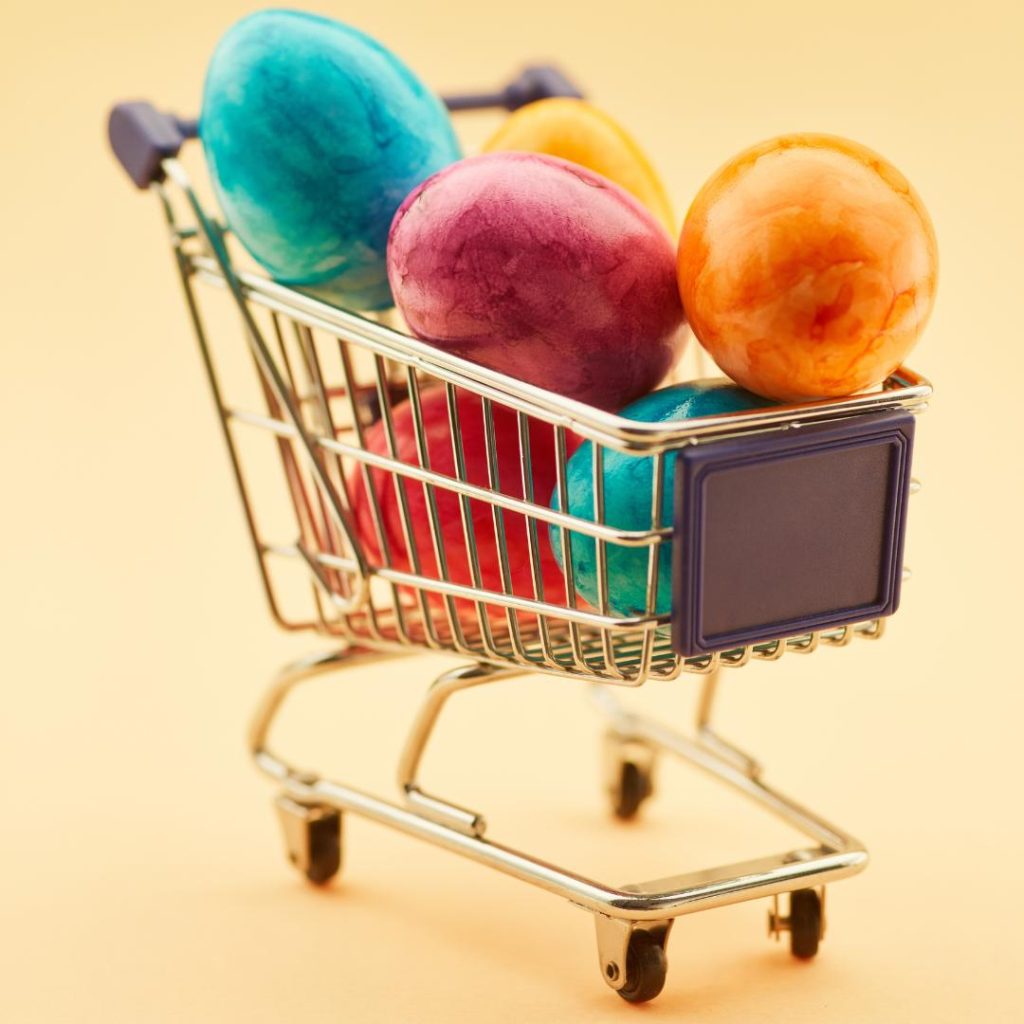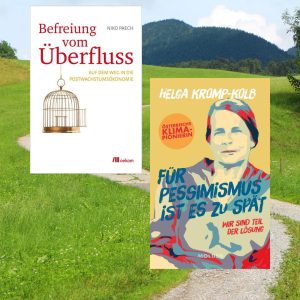Where do our Easter eggs come from - The supermarket check

In the EU, and therefore also in Austria, every single fresh egg sold with shell must be labeled according to the origin and farming method of the laying hen. Easter eggs, on the other hand, count as processed food because they are cooked and dyed. This means that there is no obligation to label the origin and farming method.
However, an Easter egg check* carried out by the non-profit organization Land schafft Leben (Land Creates Life) in the usual local supermarkets revealed that all the packaged Easter eggs on offer there now carry information on their origin and farming - even though this is not required by law. In addition, all the eggs on offer come from Austria. Only in the case of eggs sold individually is it sometimes unclear where the eggs come from and how the hens were kept.
Maria Fanninger, founder of the Land schafft Leben association, says:
"With fresh eggs, we can see at first glance where they come from and how the hens are kept. As soon as the egg is boiled and dyed, it can remain completely anonymous. It's actually incredible that this can still be the case in 2024. It is therefore all the more pleasing that manufacturers are now voluntarily labeling their products. This has the positive side effect that almost all Easter eggs in Austrian supermarkets this year are from Austria. And it shows: People want to know where their food comes from and how it is produced - especially when it comes to animal products."
A great development.
Please pay attention to the form of husbandry!
This year, there are virtually no Easter eggs from abroad in Austrian food retailers. The labeling of the eggs also makes it easy for consumers to be sure of their Austrian origin.
Maria Fanninger adds:
"This also means that there is no longer any risk of people unknowingly buying caged eggs from abroad. In Austria, it is forbidden to keep chickens in cages. However, around 90 percent of chickens worldwide still live in cages. You should also be careful with other processed foods such as ready-made cakes, pasta or mayonnaise. Because without information on farming and origin, you can assume that caged eggs from abroad are hidden in the product."
When buying Austrian eggs, consumers can also pay attention to the farming method. There are a number of differences between organic, free-range and barn rearing, for example in terms of access to the outdoors and the stocking density in the henhouse. All relevant information is clearly summarized in the enclosed factsheet.
* A total of 29 Easter egg packs were sighted in the supermarket check. Of these, five were labeled as organic eggs, eleven were free-range and thirteen were barn eggs. In addition, at the request of Land schafft Leben, the four largest retail chains confirmed that they only stock Austrian Easter eggs.






